The rivalry between the People’s Republic and the West is nearing its climax. China’s propaganda and control at home and abroad are increasing. The Chinese expert Ralf Weber also fell into the line of fire. He talks to Yves Bossart about the dangers of escalation, propaganda and red lines.
SRF: How big is the risk of escalation between China and the West?
Ralph Weber: The danger has increased. However, there is also a lot of rhetoric involved. We are dealing with two superpowers who also act as superpowers. I don’t think it’s in either of them’s interests to actually escalate the situation.
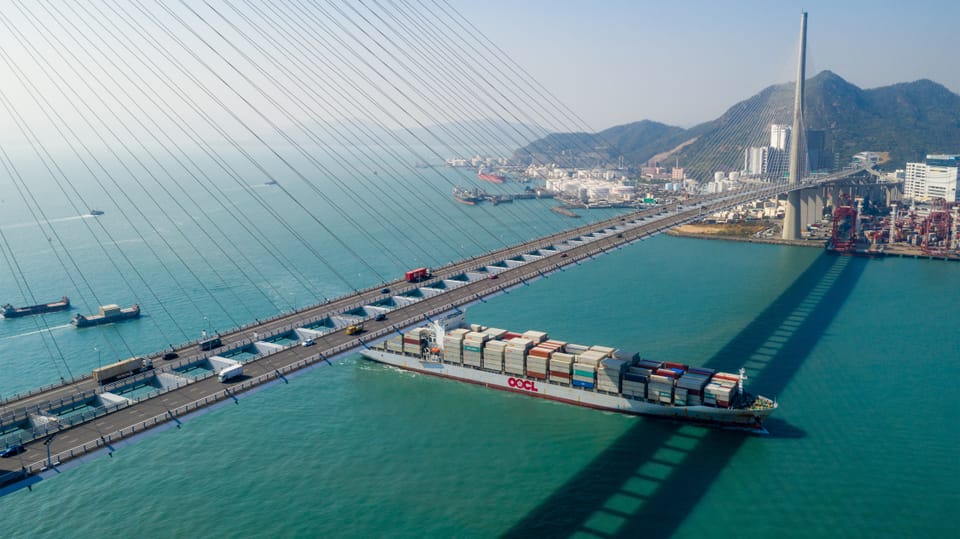
legend:
“Change through trade” has always been the mantra for doing business with China. However, there was no real opening in the People’s Republic.
IMAGO/Panthermedia Pictures
But we are stuck in a dilemma: on the one hand, there is an ideological intensification that sharpens political differences. On the other hand, we live in a very interconnected world where people are highly dependent on each other on many levels.
Is there a re-thinking right now – it’s much more important which countries you interact with and deal with?
I think so. For 15 years after China joined the World Trade Organization at the turn of the millennium, they simply traded with each other. This is a business for both sides. Not for those oppressed by China, but for economic actors and governments.
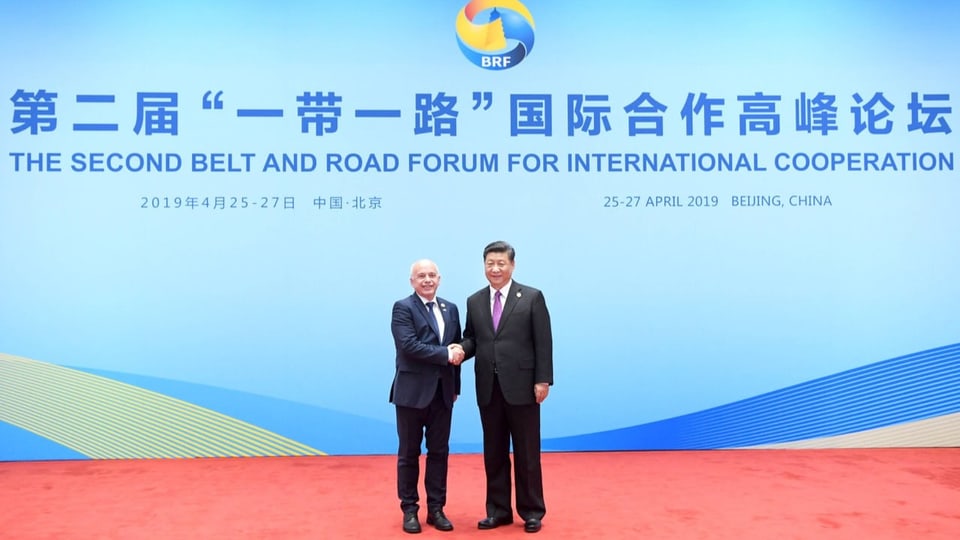
legend:
Switzerland has had a free trade agreement with China since 2014. Former Federal President Ueli Maurer (SVP) visited Beijing in 2019.
IMAGO/Xinhua pictures
With the PRC’s increasingly aggressive stance, the dynamic has now changed. But the struggle was always clearly ideological.
At first, there was a clear opening of the country. Why has there been such strong militancy in the past 10 years under President Xi Jinping?
From the outside, it may look as if everything has changed with Xi Jinping. But I will argue with that. The openness was real for a little while, but early in 2004 we saw a tightening and strengthening on the part of the publicity department.
Things were not going well for the party – the economy was almost stronger than them.
When Xi Jinping took power in 2012, his mission was to bring the party back to the center of all walks of life. Which he did with great success. Because the party was not doing well – the economy was almost stronger than it.
It is important to know that when push comes to shove, the party will always vote for itself, sacrificing the economy and the welfare of the people.
China has its own foreign propaganda unit – The Chinese United Front. How does this unit work?
It is an important entity that has grown larger under Xi Jinping. He even doubled its budget in 2015. Usually, the job of propaganda is to put a good story about China in people’s minds.
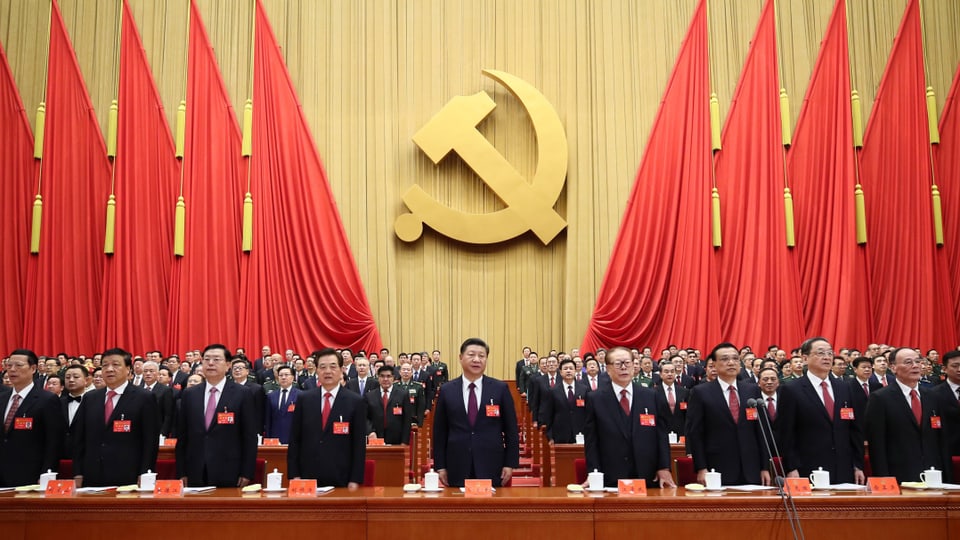
legend:
The Communist Party has set the political course in the Middle Kingdom since 1949. In their midst: President Xi Jinping
IMAGO/Xinhua pictures
The united front tactic goes back to Lenin and he says: You have to form alliances with enemies from time to time in order to defeat even bigger enemies. You try to win over everyone who is not at the party.
Xi Jinping likes to talk about the “Chinese dream”: the country must return to its former glory. Do insults also play a role in nostalgic fantasies of grandeur?
A major role. It was about 100 years of humiliation and humiliation by Great Britain, Japan or the Allied Powers – from the middle of the 19th century to 1949. Since then, the stated goal has been to become great again. This is what the constitution stipulates.
They themselves have become targets of the Chinese regime. The reason was her report on Chinese influence abroad and in Switzerland. Are you still allowed to enter the country today?
I don’t know. But I don’t want to go now. The type of research I am doing is not possible at the moment and it can also put people at risk.
It was indeed a tough game: over the years you get closer and closer to the information – and it feels like you understand more about China than anyone else.
You choose who you can and take action against those who are not well disposed towards you.
You don’t notice that you’re being exploited and you don’t really get that access – on the contrary: the contact persons go back to the party and report what was discussed. I tested that too.
What specifically did you discover in your report?
For example, how the Chinese diaspora and their associations in Switzerland are directly under the control of the Chinese Communist Party. How political and economic elites allow and harness Chinese propaganda, knowingly or not.
You can see how the work on Switzerland is done systematically. For example, there is a person in the embassy who is responsible for the work of the united front here. In Switzerland, too, the following applies: You collect who you can take action against those who are not well disposed towards you.
Did this have other consequences for you?
I received threats. However, I knew this would happen and decided not to bother. I don’t think you should give up – especially in such a privileged situation.
I also see it as a duty to explore these things without fear.
As a professor at a Swiss university, I am independent and have no business interests nor family ties in China. I also see it as a duty to explore these things without fear.
One hears about re-education camps for Uyghurs in Xinjiang, but it is also difficult for the press to obtain information. What do we even know
In fact, it is very difficult to get an idea because the regions are practically inaccessible. But if you look at the testimonies or the UN report, the situation is very clear.
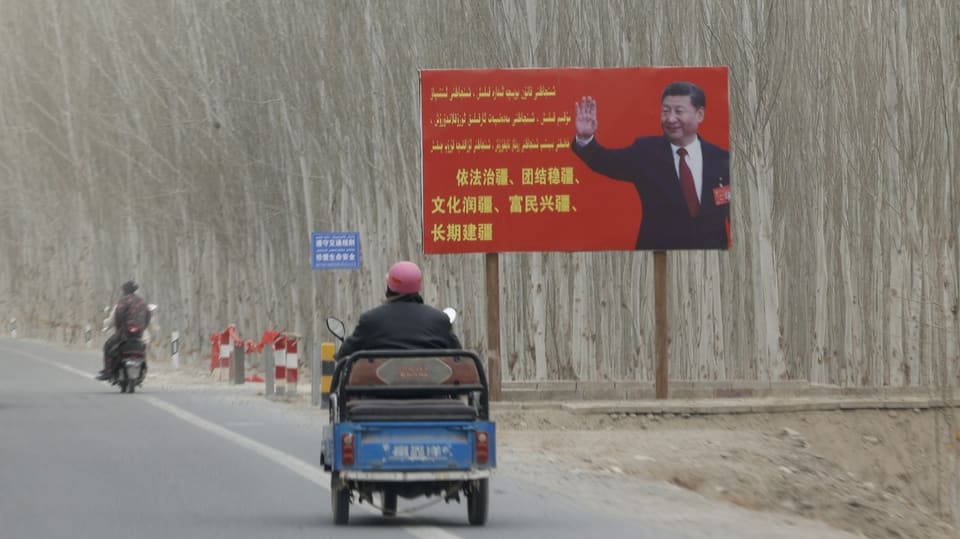
legend:
A poster in Xinjiang calls for “managing the region according to law”, cultural revitalization, and long-term rejuvenation and construction.
Keystone/AP Photo/Ng Han Guan
Human rights violations are being committed systematically, and the eradication of race is being attempted and is close to genocide.
One often hears from China that other countries also commit human rights abuses, especially the USA…
This is a typical propaganda point from China. Of course there are human rights issues in the United States. But the United States recognizes this. Access to the press is relatively good and in intellectual debates criticism of the United States is a big plus. On the other hand, China does not allow cash.
A complete break with China would be dangerous.
When dealing with China, where should we focus on dialogue, and where on the red lines?
This is the central question – how exactly do you approach this dilemma? One must identify the red lines. However, a complete break with China would be dangerous. Also for the sake of the people in the country itself who are suffering under the regime. Can’t go on as before.
We need creative ideas on how to stand up to China without undermining our values. If we begin to undermine our constitutional values, for example to promote trade, we are weakening liberal democracy.
What does this mean for Switzerland in terms of sanctions against China?
Switzerland has not yet complied with the sanctions imposed by the European Union on Xinjiang. Perhaps this is important. I think Switzerland is trying to take a pragmatic approach. The question arises as to whether there is still room for this in a near-peak realm. Comfortable mobility is over.

“Alcohol buff. Troublemaker. Introvert. Student. Social media lover. Web ninja. Bacon fan. Reader.”

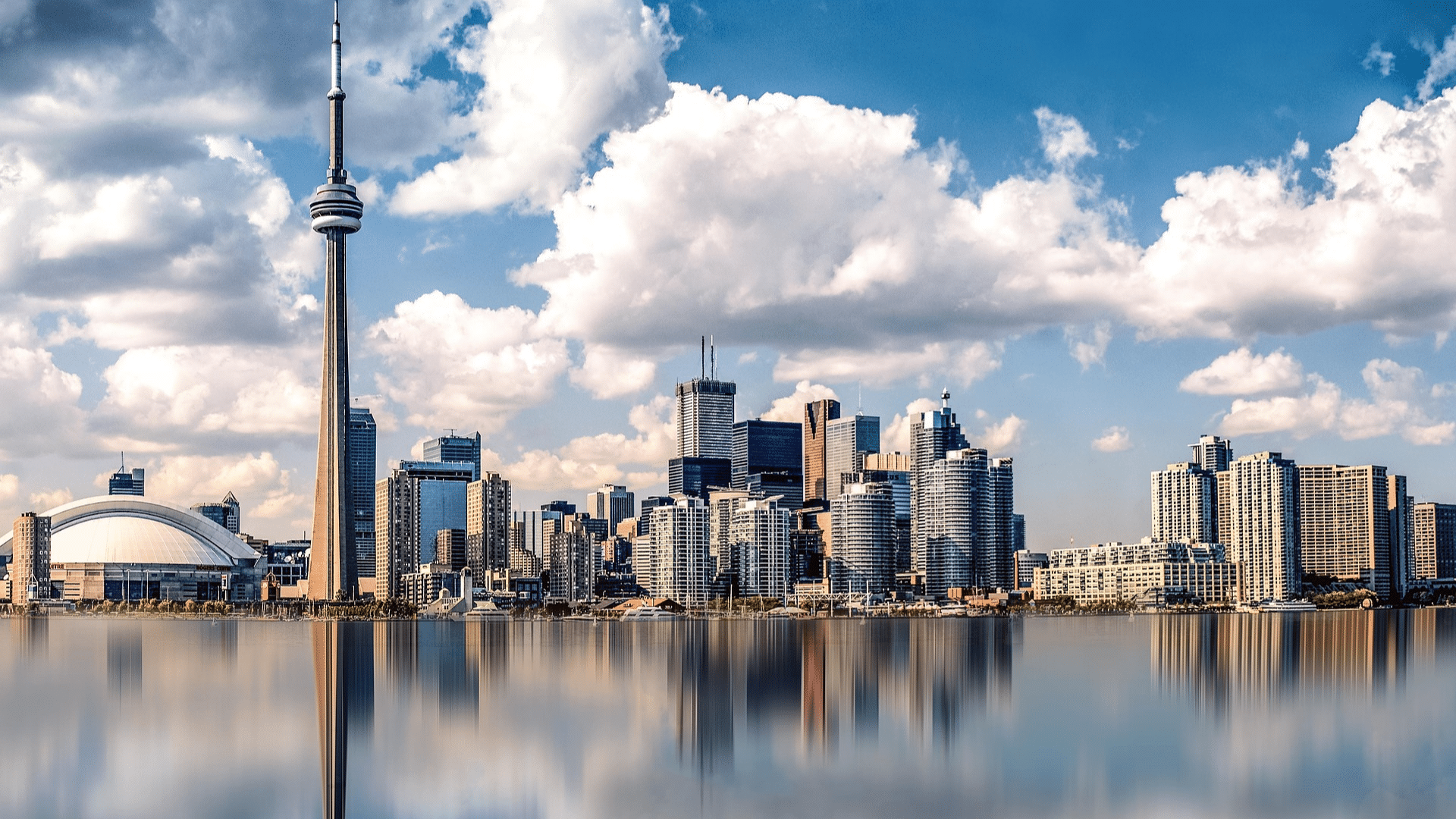



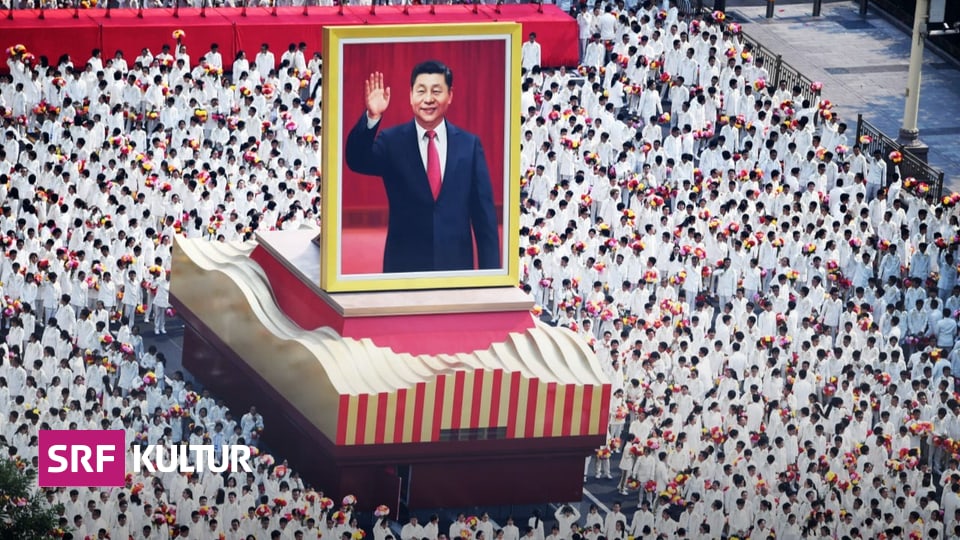
More Stories
Dirty Deals – Refugee deal between Great Britain and Rwanda
YouTube significantly increases advertising revenues – Quotenmeter.de
Shoplifting reaches record level in England and Wales